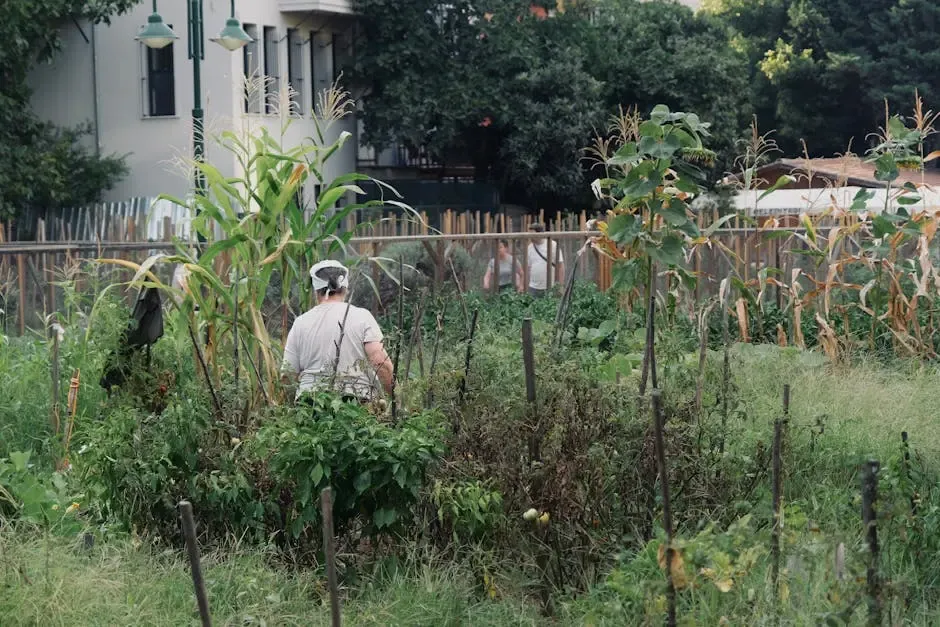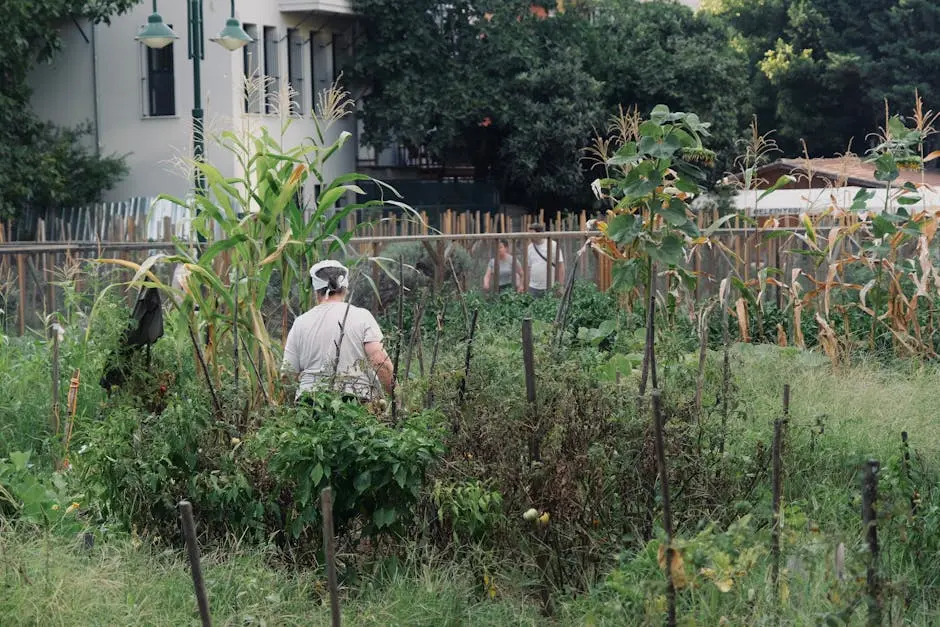
How to Start with Eco Landscaping in Portland?
Eco landscaping is an approach that prioritizes sustainability and environmental health while creating beautiful outdoor spaces. If you’re in Portland and looking to revamp your garden or yard with eco-friendly practices, this guide will help you get started on the right track.
Understand the Principles of Eco Landscaping
Eco landscaping is not just about making your garden look good; it’s fundamentally about creating a sustainable environment. This approach emphasizes the importance of using environmentally friendly materials and practices to produce a landscape that naturally fits with the local ecosystem. It’s crucial to understand these principles before embarking on your eco landscaping journey.
At the heart of eco landscaping is minimal disturbance of the natural landscape. This means preserving the existing flora and fauna as much as possible. For instance, preserving trees and shrubs not only contributes to a healthier ecosystem but also enhances the beauty of your garden.
Another key principle is biodiversity. The incorporation of various plant species can create a more resilient ecosystem. A diverse garden can support different types of wildlife and pollinators. This is especially important in an urban environment like Portland.
Evaluate Your Space and Soil
Before diving into plants and design, it’s essential to assess your space. Start by evaluating your garden’s sunlight exposure, wind patterns, and moisture levels. Understanding these factors will guide your plant selection and ensure a thriving landscape.
Next, consider your soil quality. Healthy soil is the foundation of any successful garden. Conducting a soil test can provide insights into its composition and nutrient levels. You may need to amend your soil to create an optimal environment for your plants.
A well-evaluated space and soil can directly impact the success of your eco landscaping efforts. By recognizing the unique characteristics of your yard, you can design a landscape that supports both beauty and ecological health.
Choose Native and Drought-Resistant Plants
Choosing native plants is one of the most effective ways to create a sustainable landscape. Native plants are adapted to the local climate and soil conditions, making them more resilient to pests and diseases. This means less maintenance and fewer chemicals in your garden.
In Portland, options like Oregon grape, red-flowering currant, and Pacific coast iris not only survive but thrive with minimal water and care. Such plants require less irrigation and can comfortably withstand the dry summers, showcasing the beauty of our local flora.
Incorporating drought-resistant plants will also benefit your garden’s overall health. These plants help conserve water and reduce runoff, which is crucial in maintaining the local watershed. By using a variety of textures and colors from these plants, you will create an engaging landscape that attracts both wildlife and gardeners alike.
The beauty of these plants lies not only in their resilience but also in the habitats they create for pollinators. Imagine your garden bustling with bees and butterflies drawn to the variety of native blooms.
Implement Water-Focused Practices
Water management is essential in eco landscaping, particularly in a city like Portland. Employing water-efficient practices, such as drip irrigation systems and rain barrels, can significantly reduce water waste.
Installing permeable paving surfaces is another great way to manage water runoff while adding an eco-friendly feature to your landscape. These surfaces allow rainwater to seep through, replenishing the groundwater and minimizing flooding.
Furthermore, consider adding a water feature like a birdbath or small pond. This not only serves as a habitat for wildlife but also enhances the aesthetic appeal of your garden. The sound of water can create a soothing atmosphere that encourages you to spend more time outdoors.
Create Compost and Mulching Solutions
Creating compost is an effective way to recycle organic materials from your kitchen and garden. Compost enriches the soil, promotes healthy plant growth, and reduces the need for chemical fertilizers. By composting, you’re participating in a sustainable cycle that benefits both your garden and the planet.
Mulching also plays a vital role in eco landscaping. It helps retain moisture in the soil, suppresses weeds, and regulates soil temperature. Using organic materials like bark, straw, or even shredded leaves can create nutrient-rich conditions for your plants.
Together, compost and mulching form a powerful duo that supports plant health and minimizes waste. Not only will your garden flourish, but you will also foster a healthy ecosystem that can withstand the challenges posed by pests and changing weather conditions.
Maintain Your Eco Landscape
Once you’ve established your eco landscape, maintenance becomes critical to ensure its long-term health. Regularly monitoring plant growth and pest activity can help you proactively address any issues before they escalate.
Embrace organic gardening methods for maintenance, such as hand-picking weeds, encouraging natural predators for pest control, and applying organic fertilizers. This approach supports the health of your garden without compromising the environment.
Your eco landscape is not just a garden; it’s a living ecosystem that requires ongoing care. Engage with the space by spending time in it, observing changes, and enjoying the fruits of your sustainable gardening efforts. With each season, you will see your hard work flourish, enhancing both the beauty and ecological wellness of your Portland home.
Embrace Eco Landscaping in Portland
By following these steps, you can embark on your eco landscaping journey and contribute positively to Portland’s environment while enjoying a beautiful garden that thrives sustainably.

